When my wife and I christened our dog, an adorable and fold-filled pit bull named Stephen, we didn’t think that was a controversial pick. We’re both huge fans of Steve Hackett and Steve Howe, two renowned prog-rock guitarists, and this was our way of tipping the cap—just as we’d done with other pets past and present. (To recap: Tony, for Tony Levin and Tony Banks; Peter, for Peter Gabriel; Gabriel, for, well, you guessed it; and Tegan, for Tegan Quin.) But when we introduce him to strangers on the street, people always say things like, "Really?" or "I love it when people give their dogs human names," as if it's unusual. I must have been living under a rock–apparently, giving your pet a "human name" is awfully divisive. "How did we get from naming our Labradors and Pomeranians things like Fluffy and Toto to christening them with names like Jake?" wrote Cleo Levin for Slate in 2024.
Well, if we trust the data from U.S. News & World Report, many people are indeed taking our approach—but not everyone. Their survey, initially posted in 2024 but updated with new research in September 2025, sheds light (and perhaps some fur) on where we stand with kitties. The publisher analyzed "1,261,285 data points" from the third-party pet insurance company Fletch, determining the top 20 cat names in America.
- YouTube www.youtube.com
Most popular cat names in the U.S., 20-11
Here’s the bottom half of that list:
20. Lola
19. Mochi
18. Salem
17. Lily/Baby (tie)
16. Smokey
15. Loki
14. Charlie
13. Lucy
12. Coco
11. Nala
The publication highlights some shake-ups from last year’s ranking, including three names that have fallen out of the top 10. Lucy has dropped from fifth to 13th, Charlie from seventh to 14th, and Loki from eighth to 15th. These 10 are an interesting mix of traditional people monikers (Lucy, Charlie, Lola, Lily), nicknames (Baby), and others typically associated with fictional characters. (I’m going on a limb here and assuming that, for most people, Nala is a reference to The Lion King).
- YouTube www.youtube.com
The top 10 strikes a similar balance: more conventional people names, more cutesy stuff, more likely pop-culture nods, even another likely Lion King reference.
Cutesiness, culture, and convention
10. Shadow
9. Max
8. Simba
7. Oreo
6. Oliver
5. Kitty
4. Milo
3. Leo
2. Bella
1. Luna
Lots of cat references here, we must assume—Luna could point to the Sailor Moon manga series, and Milo could look back to the adventure-comedy film The Adventures of Milo and Otis. Kitty, meanwhile, doesn’t really need to be a reference, does it? As the U.S. World & News Report notes, there are three newcomers to this section: Oreo, Max, and Shadow. Even more intriguing: The top two, Luna and Bella, earned the same rankings on the outlet’s list of the top dog names.
Does it all just boil down to pop culture? Would I not get so many awkward laughs and strange glances about my dog’s name if there were an animated series starring a mopey-looking pit bull called Steve? The evolution of pet names is pretty fascinating, as noted by linguist/author Adam Aleksic on his popular Instagram account etymologynerd.
From Whitefoot to Kyle
"[A]pparently there’s a pattern to which names sound better for pets versus babies," he said in a video, citing a 2022 Washington Post analysis. "[N]ames like George and Kevin are way more common among humans, while names like Bella and Luna are way more common among dogs, even though all of them are technically human names." The explanation, Aleksic notes, goes back to medieval times, when it was considered "really weird" to give pets human names. "Instead, they would allude to their pets’ appearance through phrases like 'Sturdy' and 'Whitefoot,'" he says. "But by the Victorian era, the cultural role of the dog shifted from that of a working companion to a luxury domestic pet, and their greater presence in the household meant that it became more okay to perceive them as members of the family."
But then it gets even more interesting—to humanize their animals but also keep a clear barrier between humans they know in real life, people choose "either really new or really old names." As a result, he says, "what we think of as 'dog names' are more likely to be grandparent names like Charlie or infant names like Ivy than some middle-aged name like Mike or Steven." (Oops!) Citing a later analysis of a 1985 dog-naming survey, Aleksic concludes, "But it appears that even this trend is starting to disappear as people find it funnier to give their pets increasingly 'human' names like Kyle."
My pledge to you: If I ever name a dog Kyle, it won’t be done with irony.





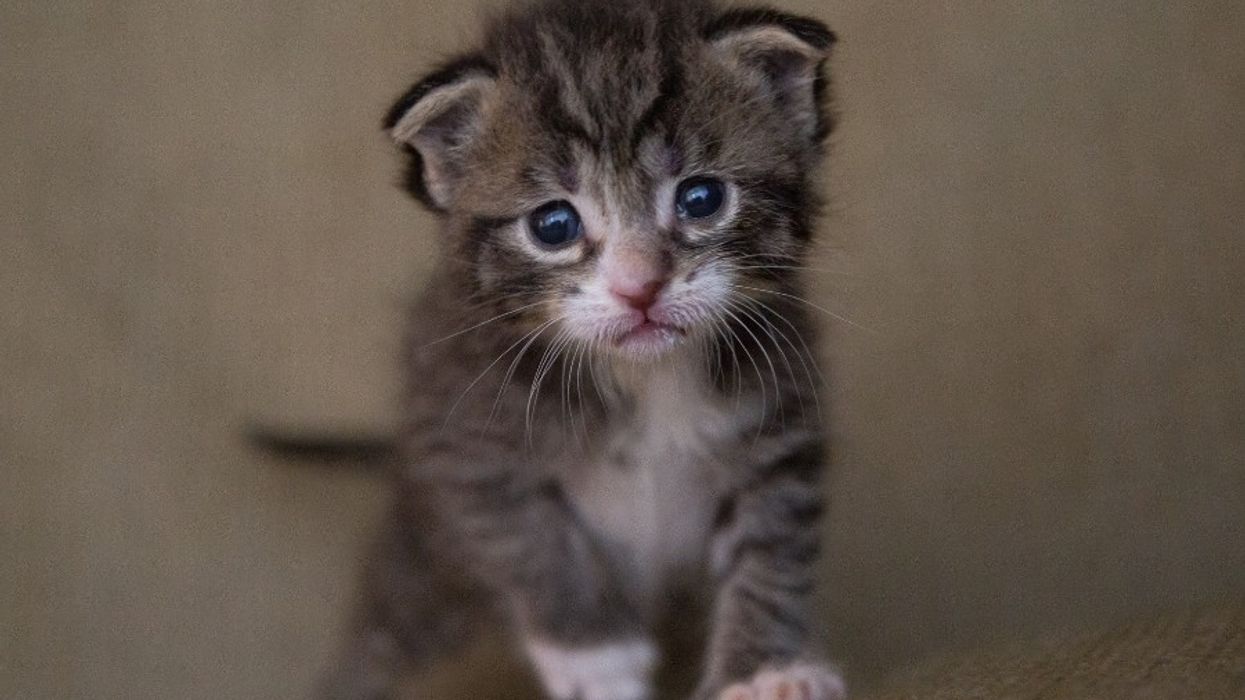












 Raccoons know how to get around.
Raccoons know how to get around. The dexterity of raccoon hands enables their humanlike escapades.
The dexterity of raccoon hands enables their humanlike escapades. The dexterity of raccoon hands enables their humanlike escapades.
The dexterity of raccoon hands enables their humanlike escapades.
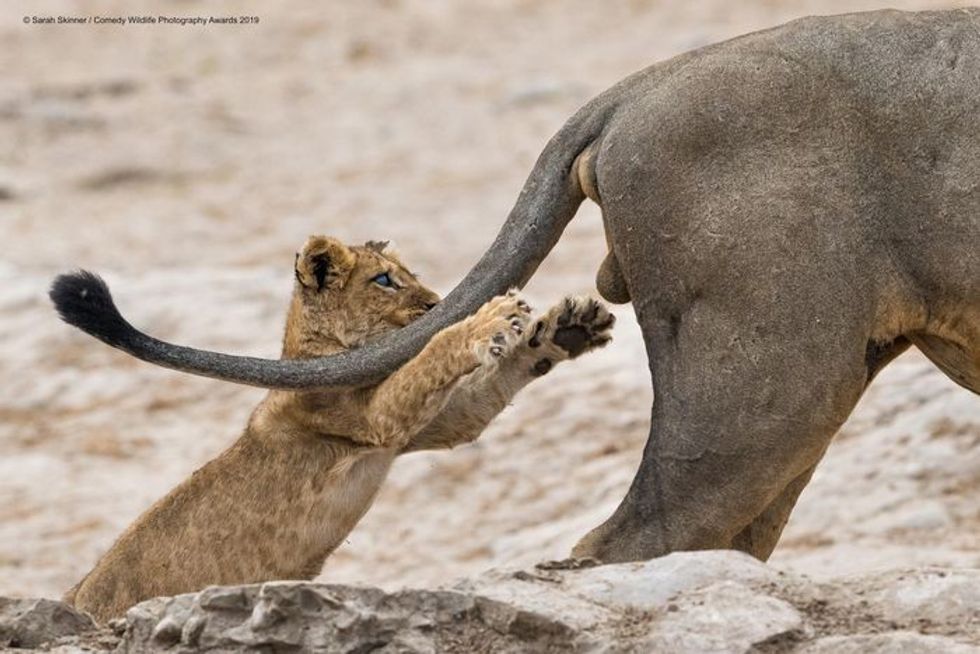 A young lion playing with an older animal
A young lion playing with an older animal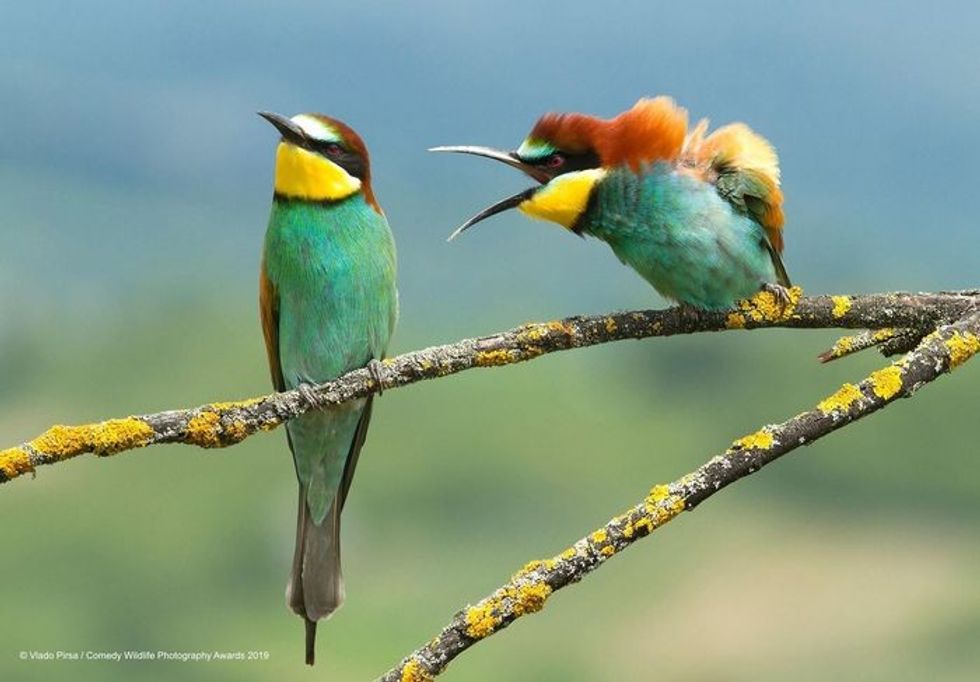 A colorful bird appears to be yelling at it a friend
A colorful bird appears to be yelling at it a friend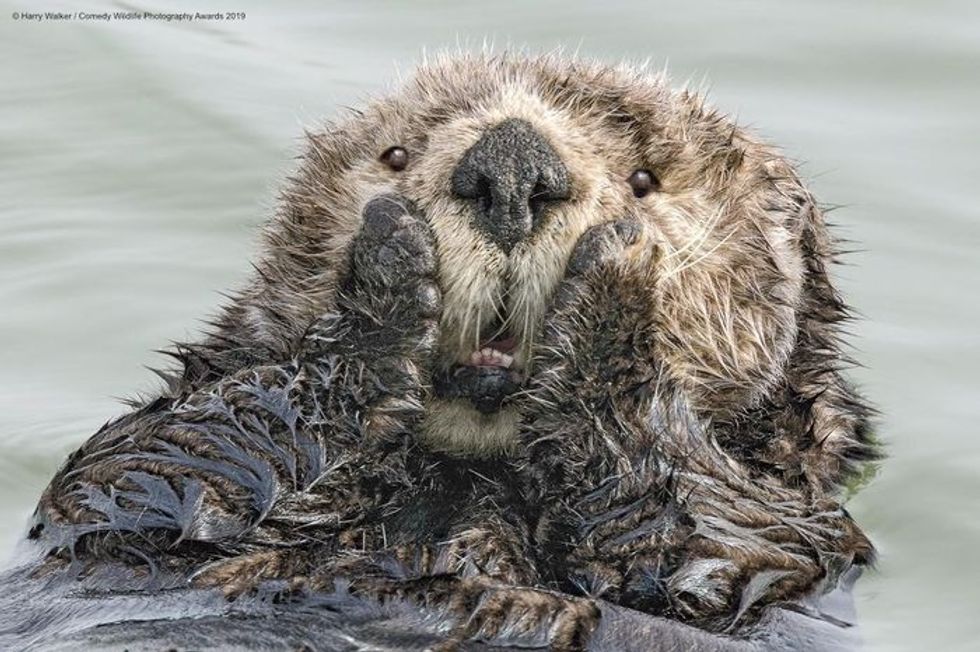 An otter appears like it's holding its face in shock
An otter appears like it's holding its face in shock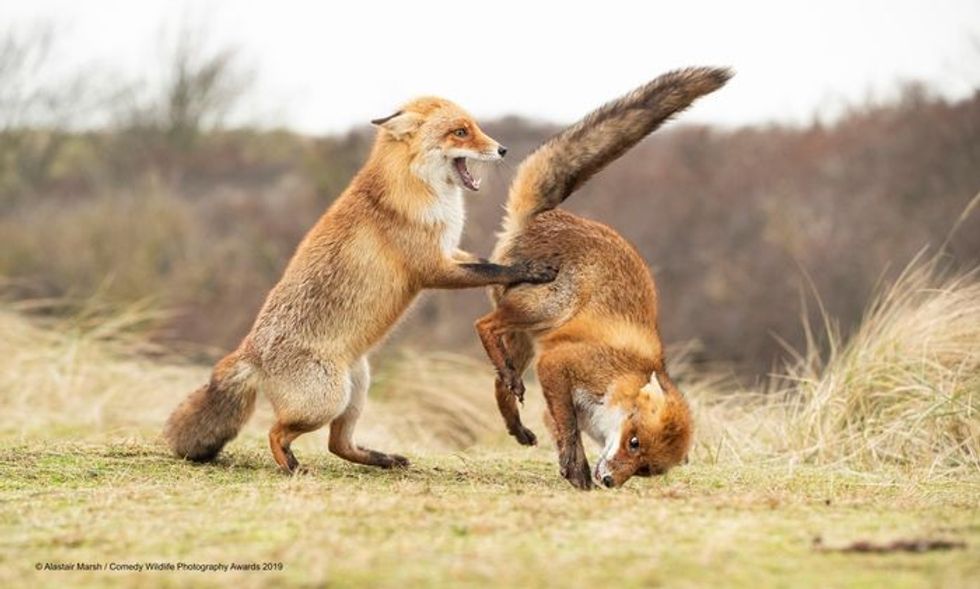 Two young foxes playing in the wild
Two young foxes playing in the wild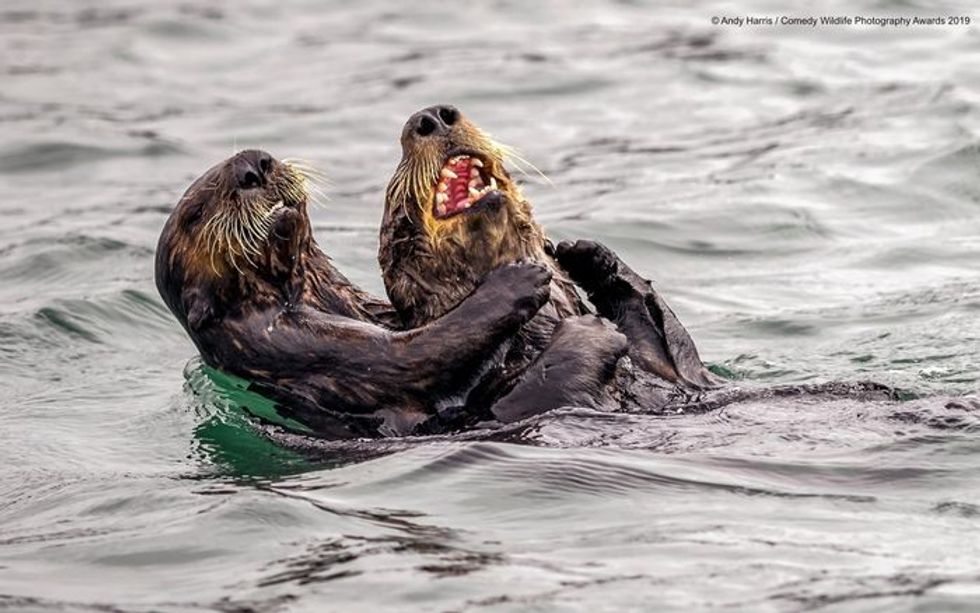 Two otters appear to be laughing together in the water
Two otters appear to be laughing together in the water A fish looks like it's afraid of the shark behind it
A fish looks like it's afraid of the shark behind it A bird appears to be ignoring their partner
A bird appears to be ignoring their partner A squirrel looks like it's trapped in a tree
A squirrel looks like it's trapped in a tree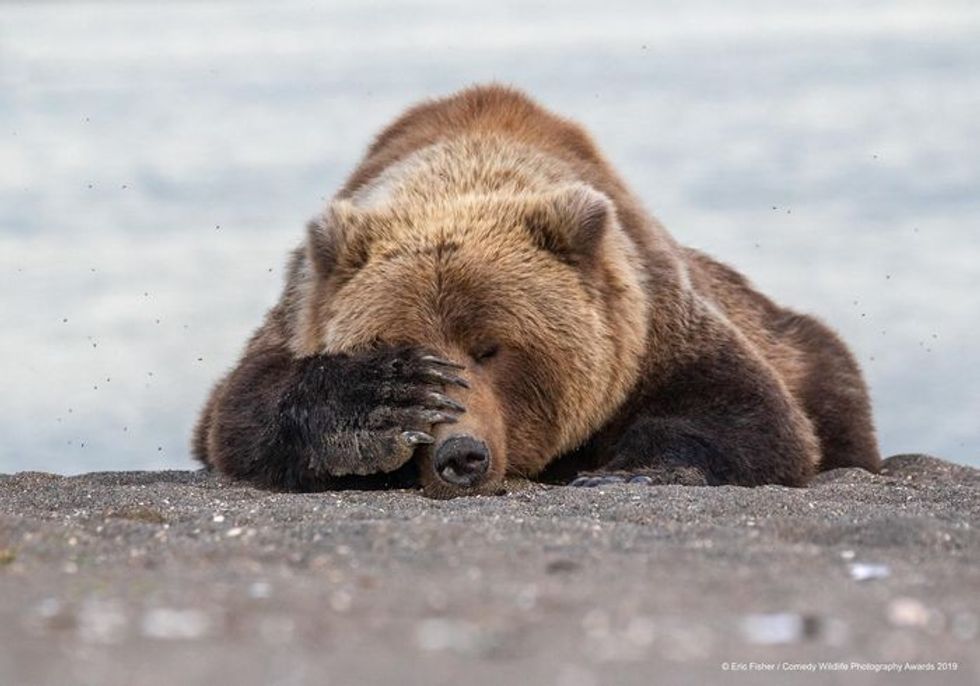 A bear holds hand over face, making it appear like it's exhausted
A bear holds hand over face, making it appear like it's exhausted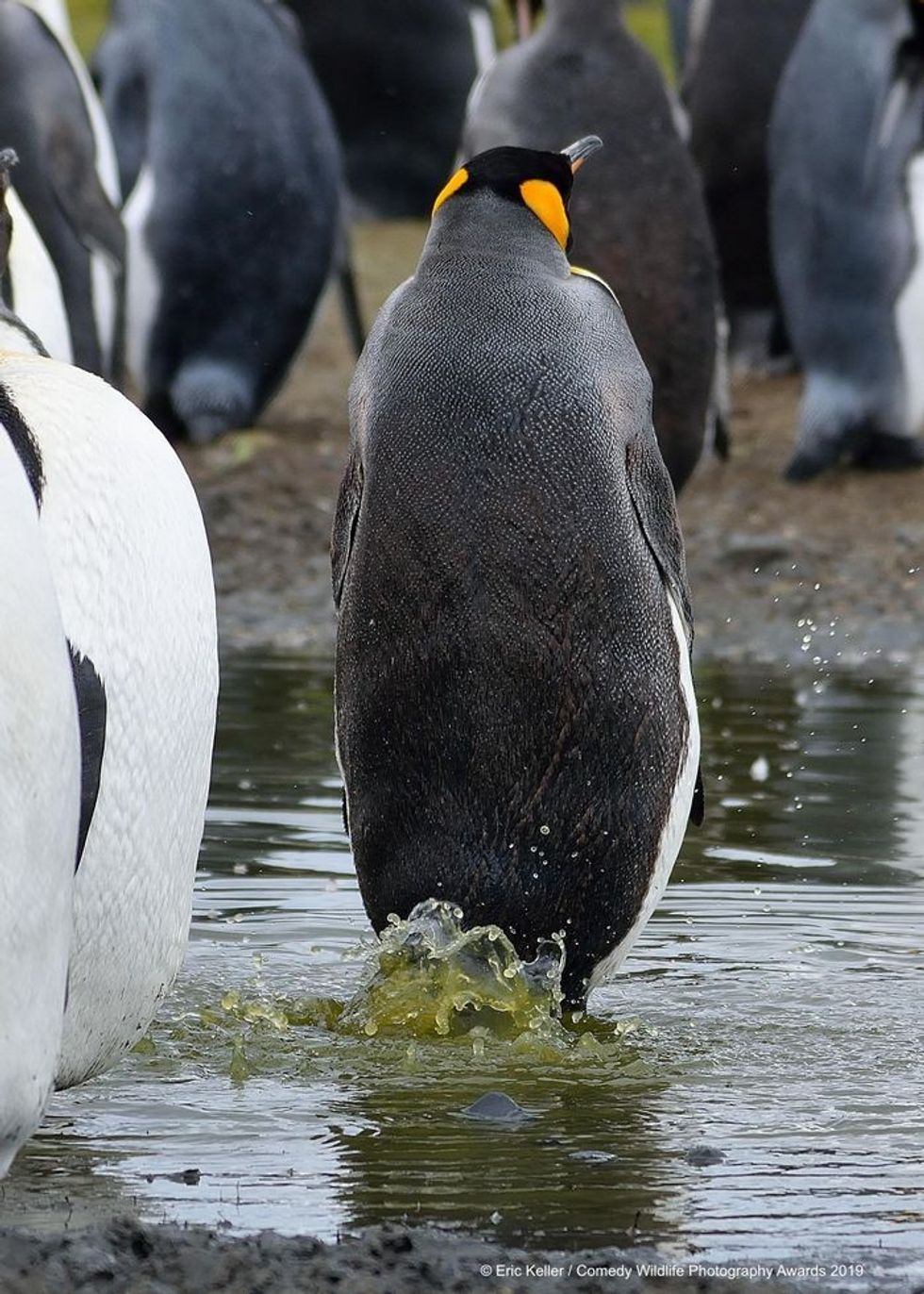 A penguin looks like its trying to appear inconspicuous
A penguin looks like its trying to appear inconspicuous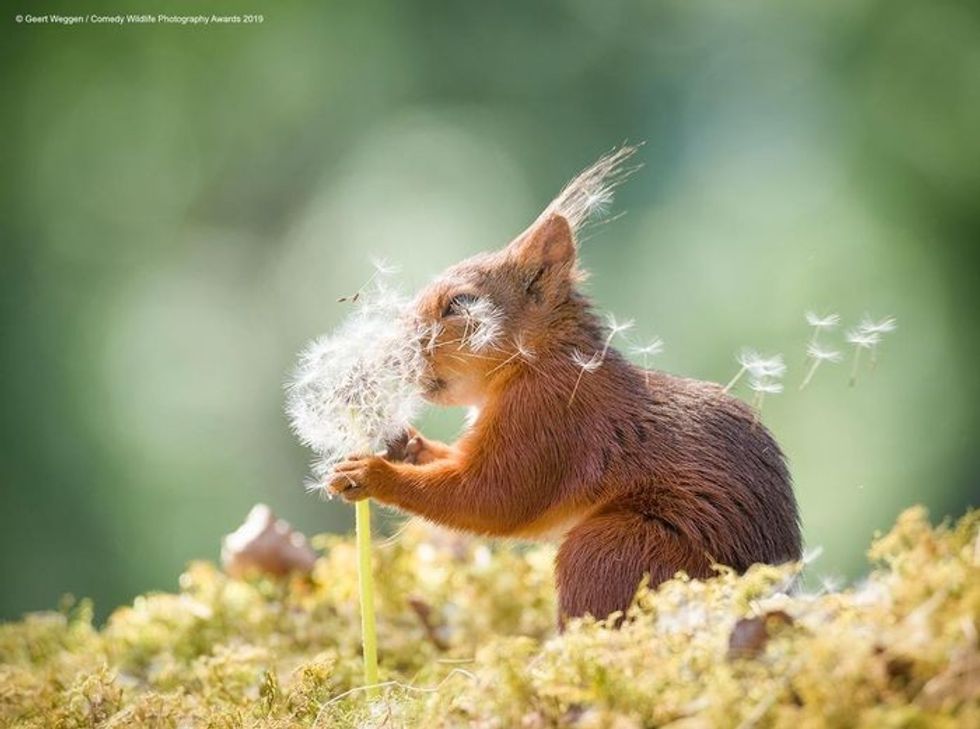 A young squirrel smells a flower
A young squirrel smells a flower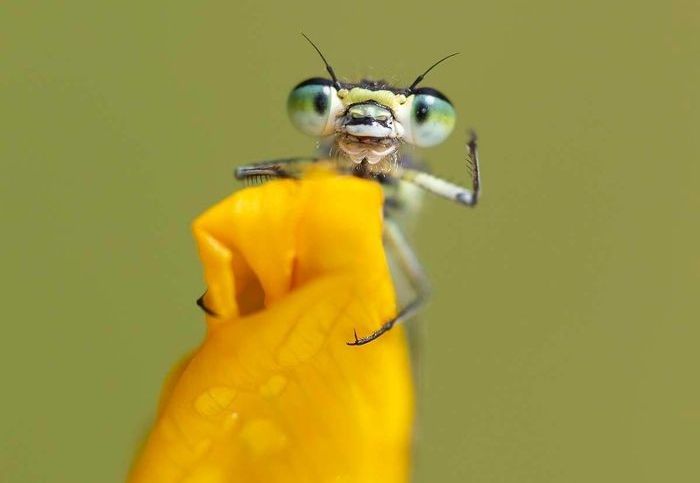 An insect appears to be smiling and waving at the camera
An insect appears to be smiling and waving at the camera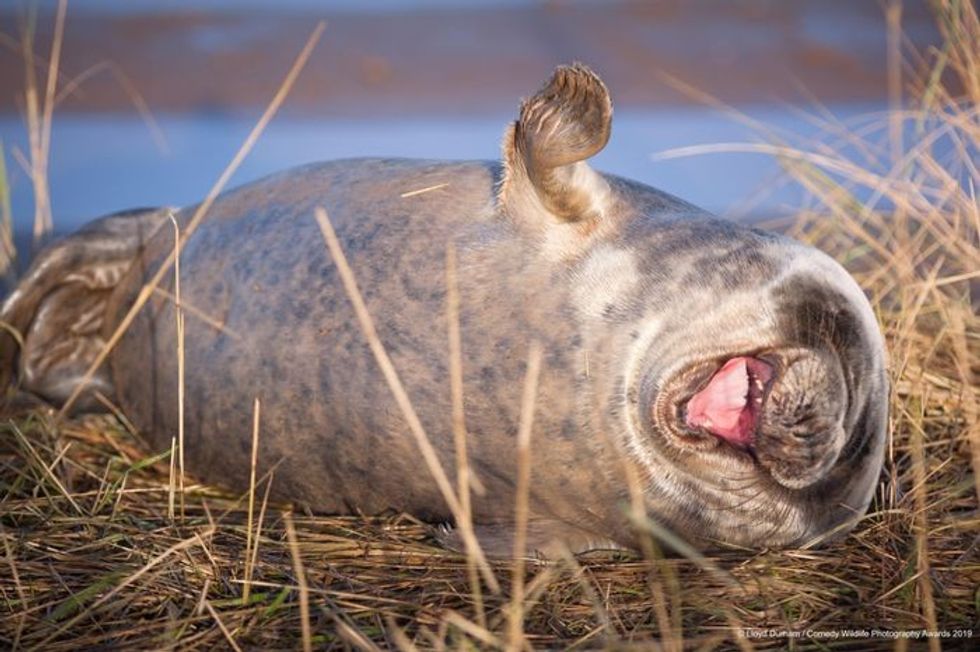 An otter lies on its side apparently cracking up laughing
An otter lies on its side apparently cracking up laughing Two monkeys caught procreating
Two monkeys caught procreating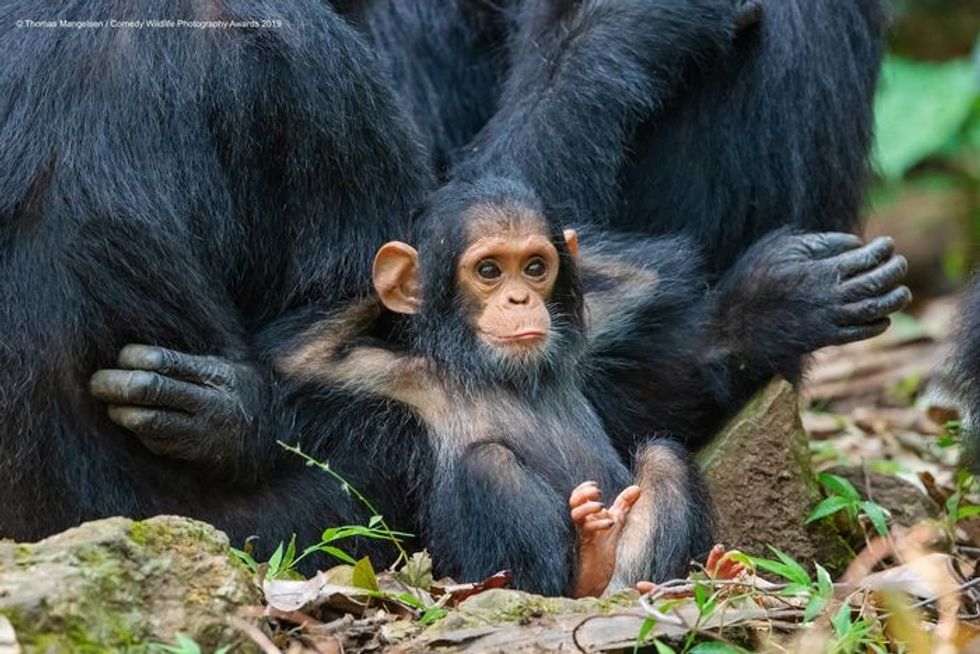 A young chimp relaxes with its hands behind its head
A young chimp relaxes with its hands behind its head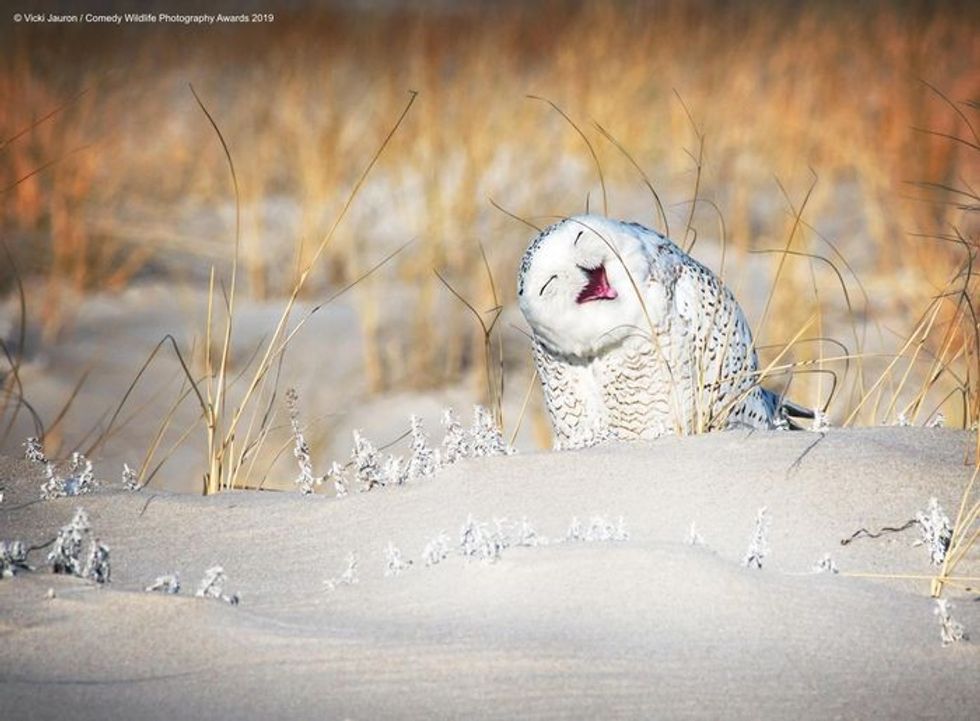 A snowy owl appears to be smiling
A snowy owl appears to be smiling  A monkey holds finger to face as if it's lost in thought
A monkey holds finger to face as if it's lost in thought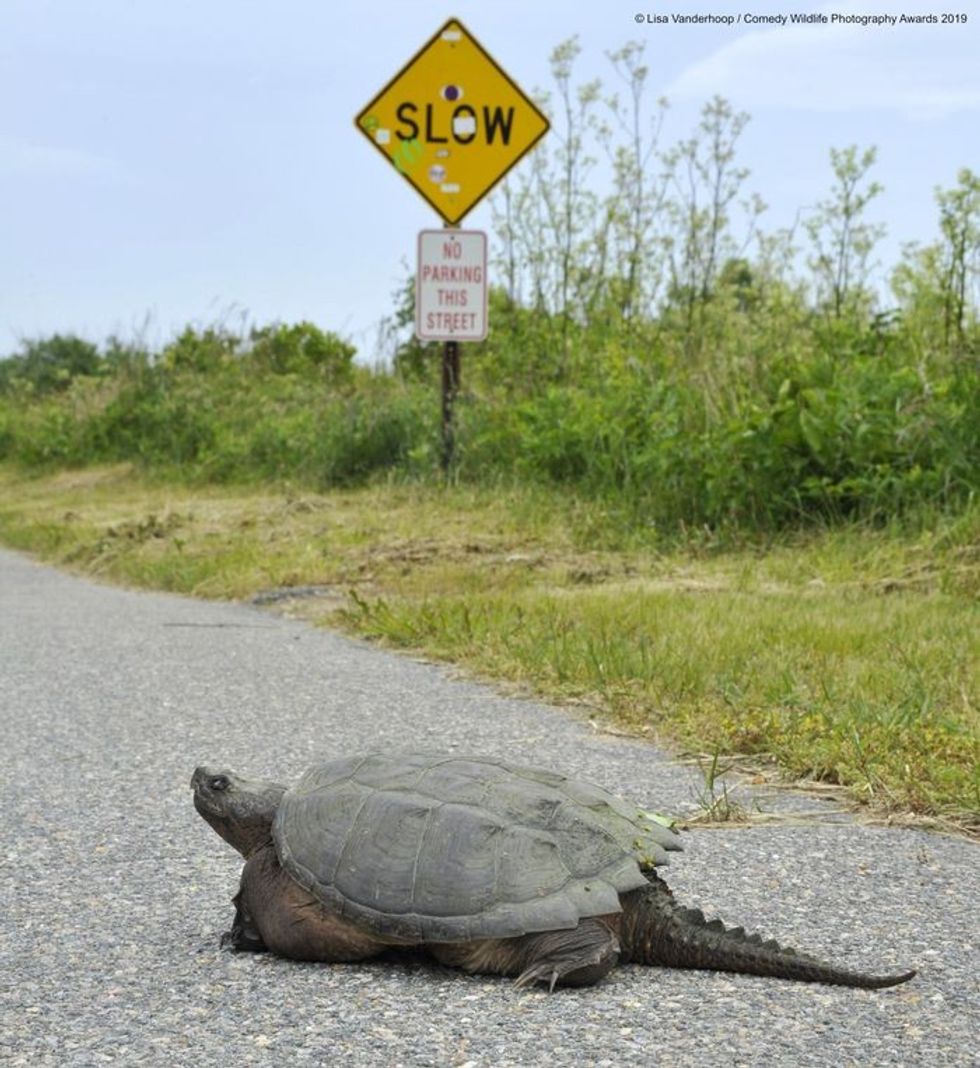 A turtle crossing the road under a 'slow' sign
A turtle crossing the road under a 'slow' sign A polar bear lies on its back like it's trying to hide
A polar bear lies on its back like it's trying to hide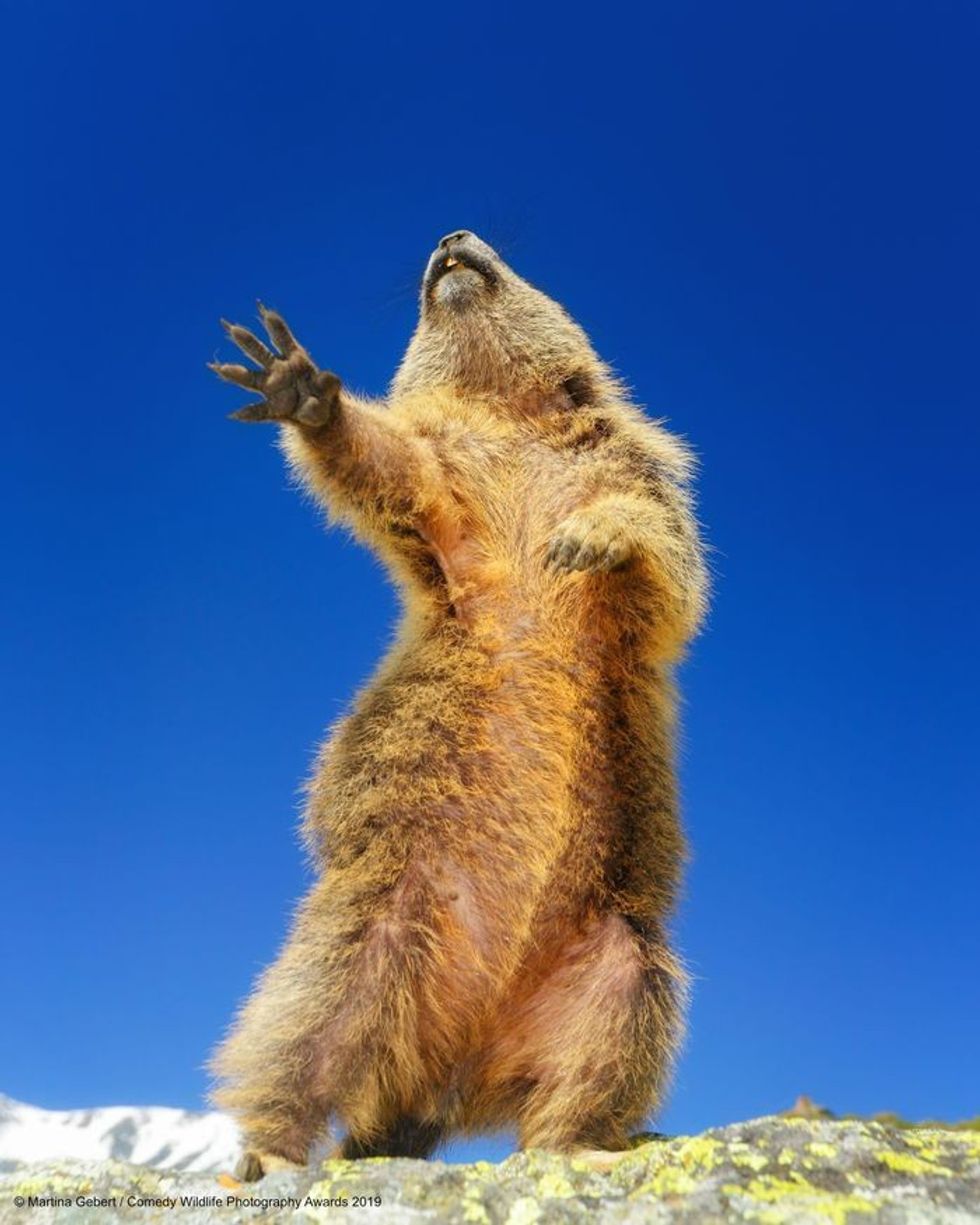 A rodent strikes human-like pose
A rodent strikes human-like pose
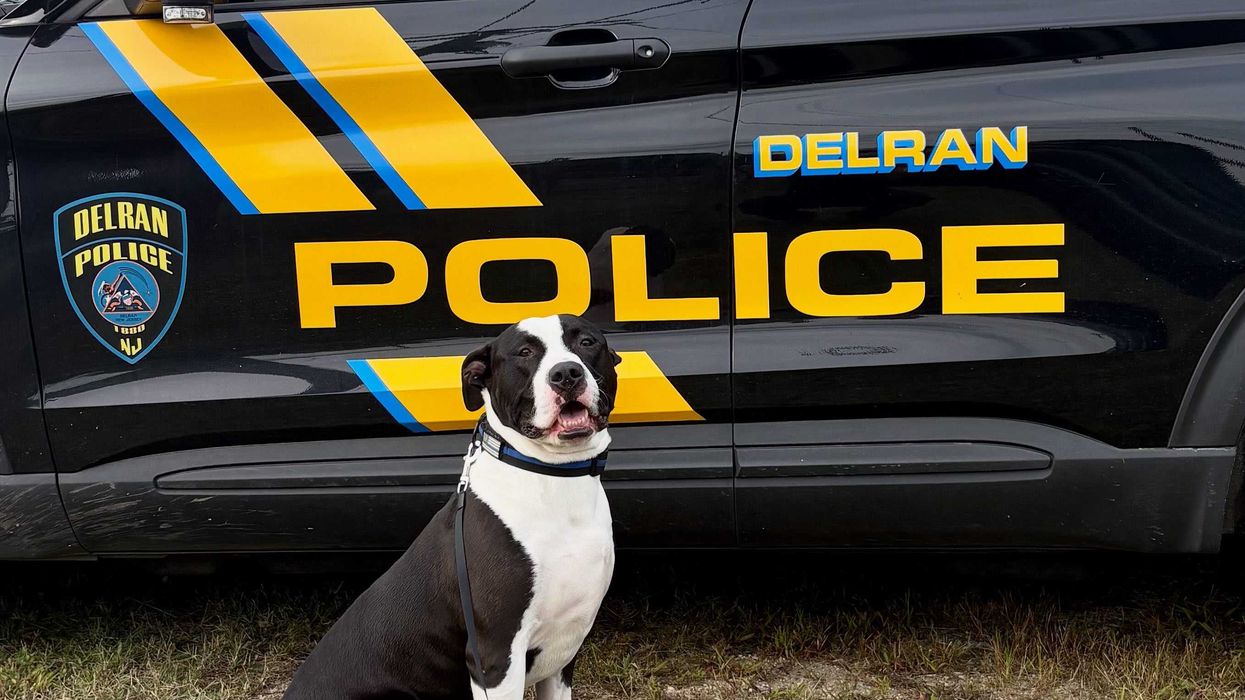
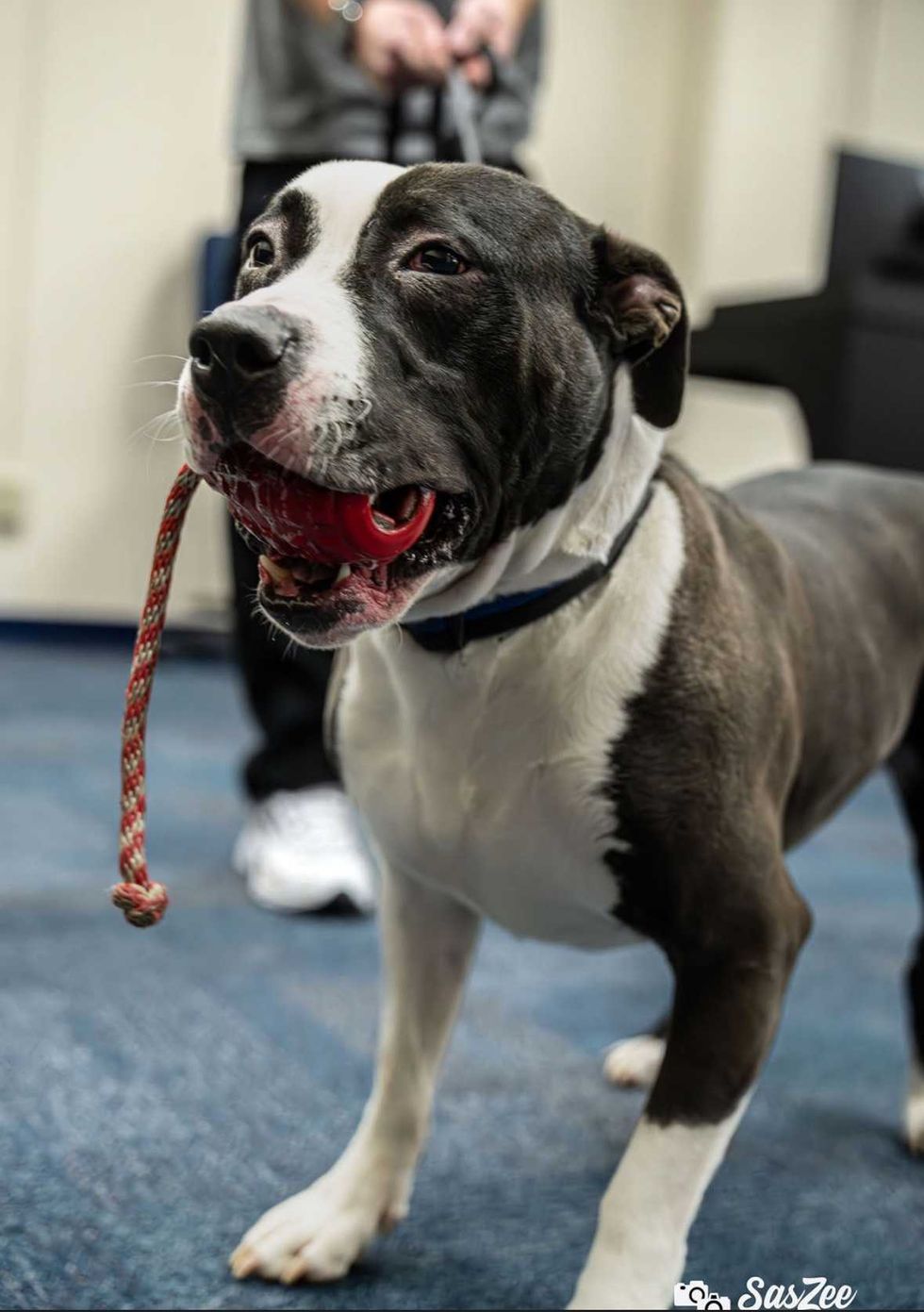 Ron. courtesy of K-9 Protectors
Ron. courtesy of K-9 Protectors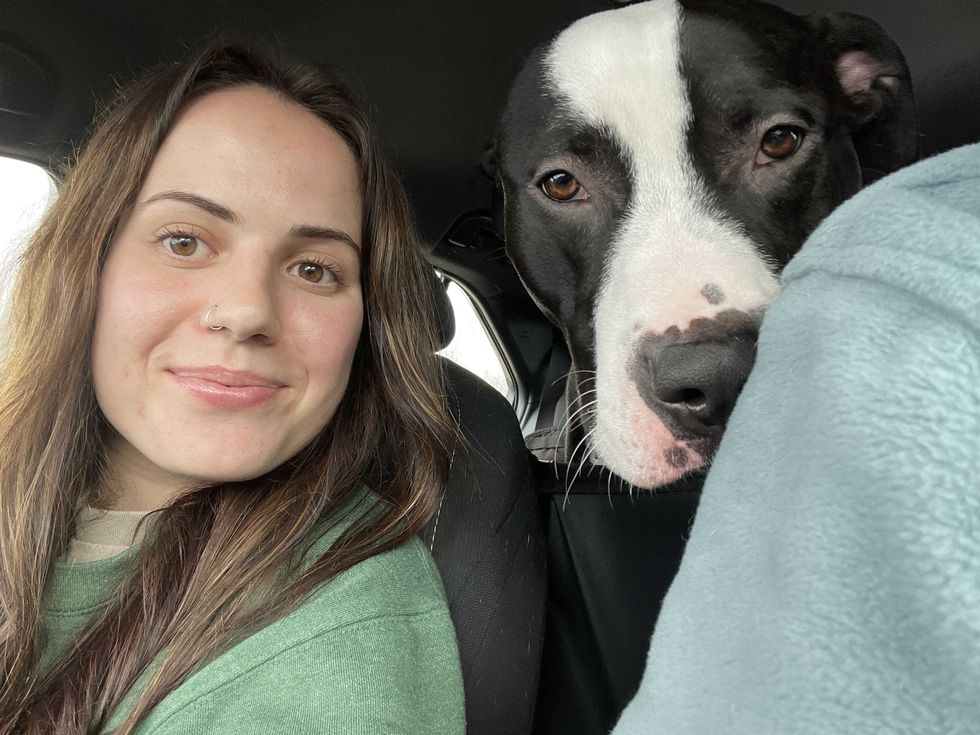 Victoria and Ron.courtesy of Victoria Costa
Victoria and Ron.courtesy of Victoria Costa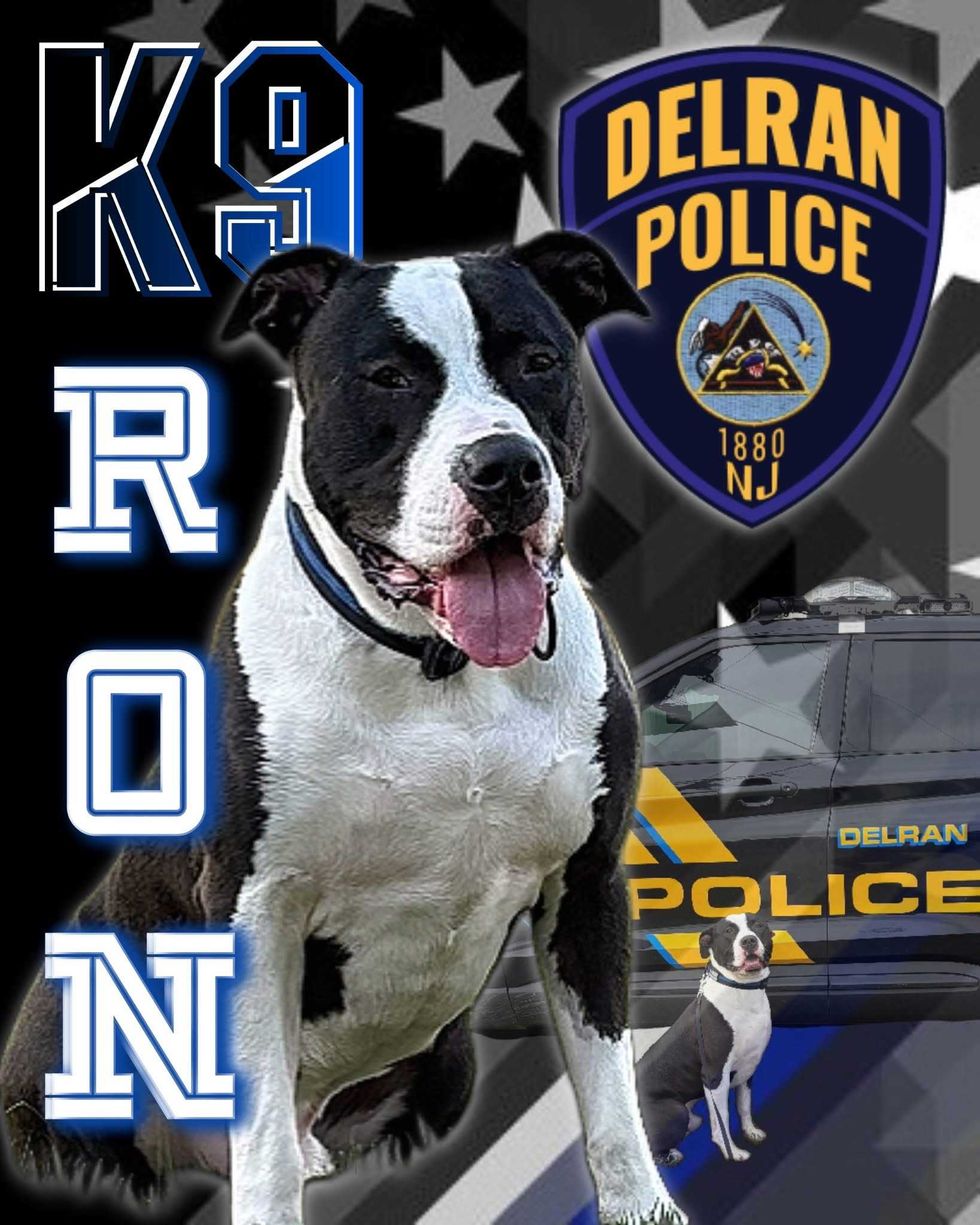 Ron. courtesy of K-9 Protectors
Ron. courtesy of K-9 Protectors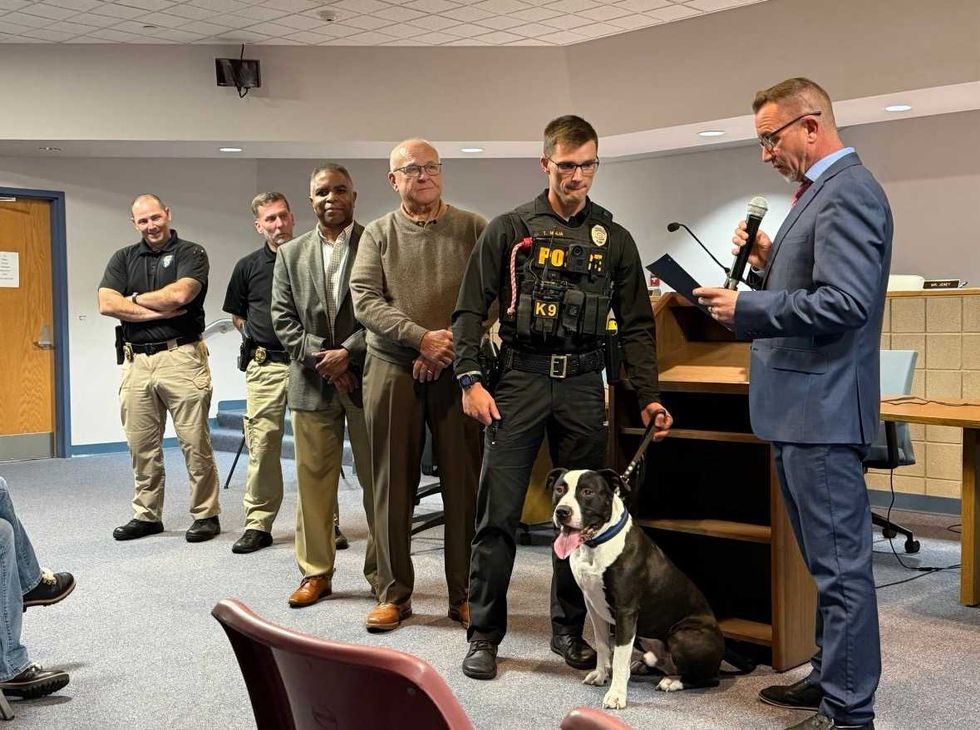 Ron and Tyler at the swearing-in ceremony.courtesy of K-9 Protectors
Ron and Tyler at the swearing-in ceremony.courtesy of K-9 Protectors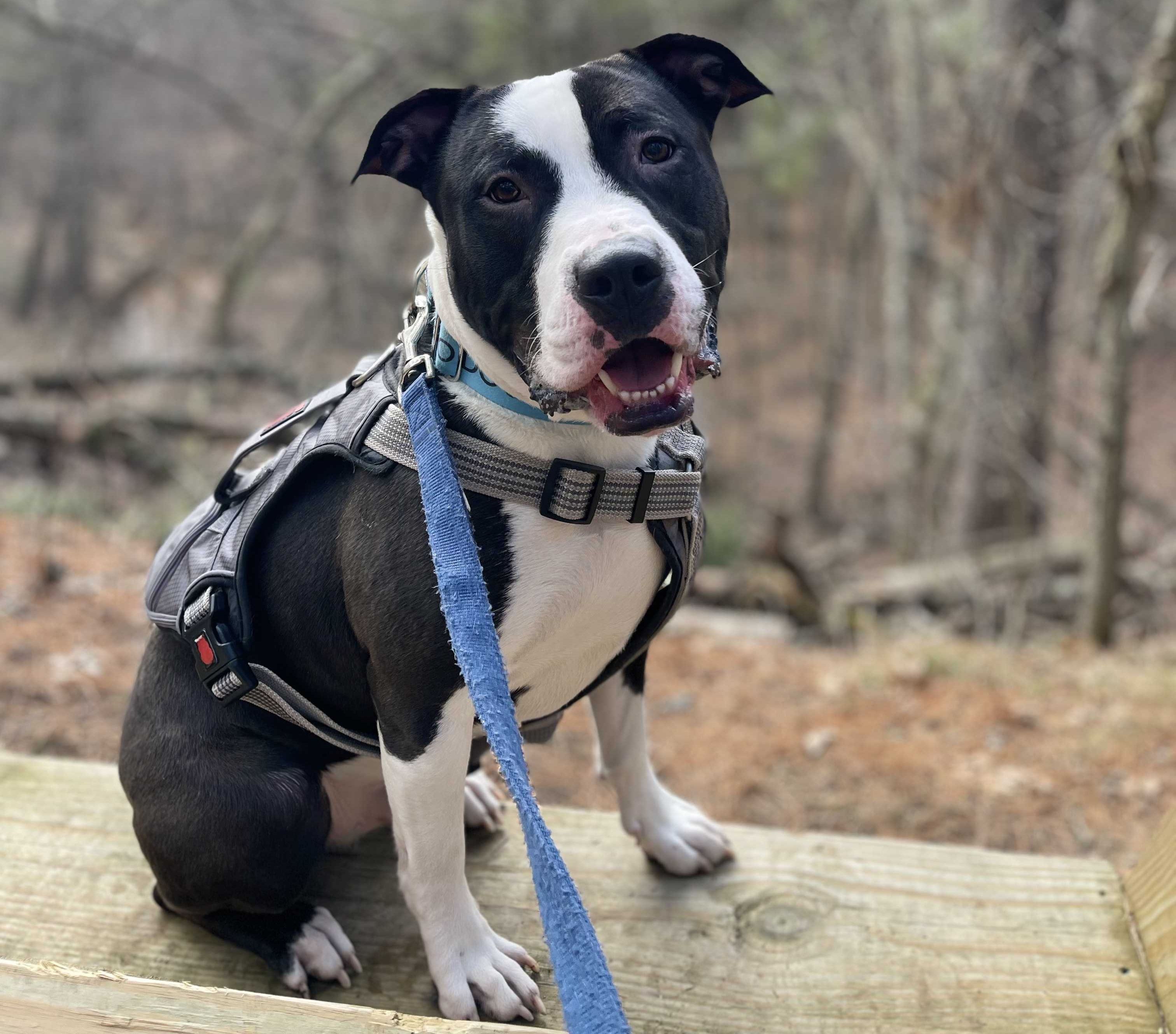 Ron. courtesy of Victoria Costa
Ron. courtesy of Victoria Costa
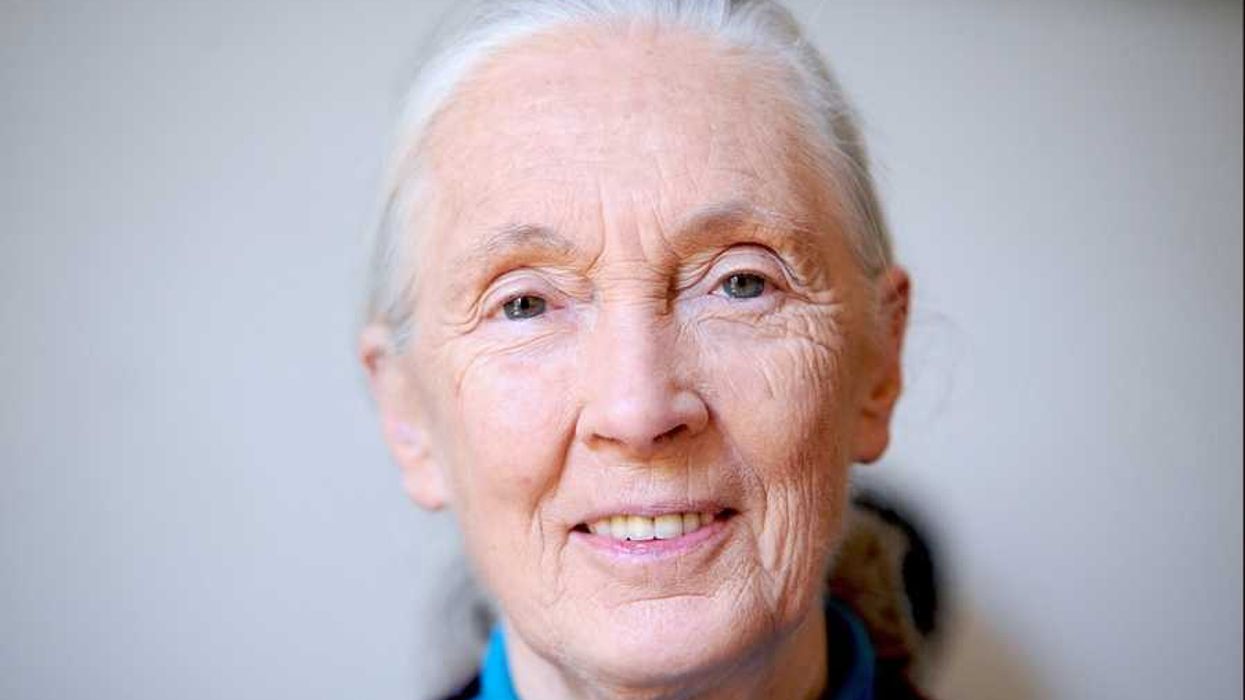
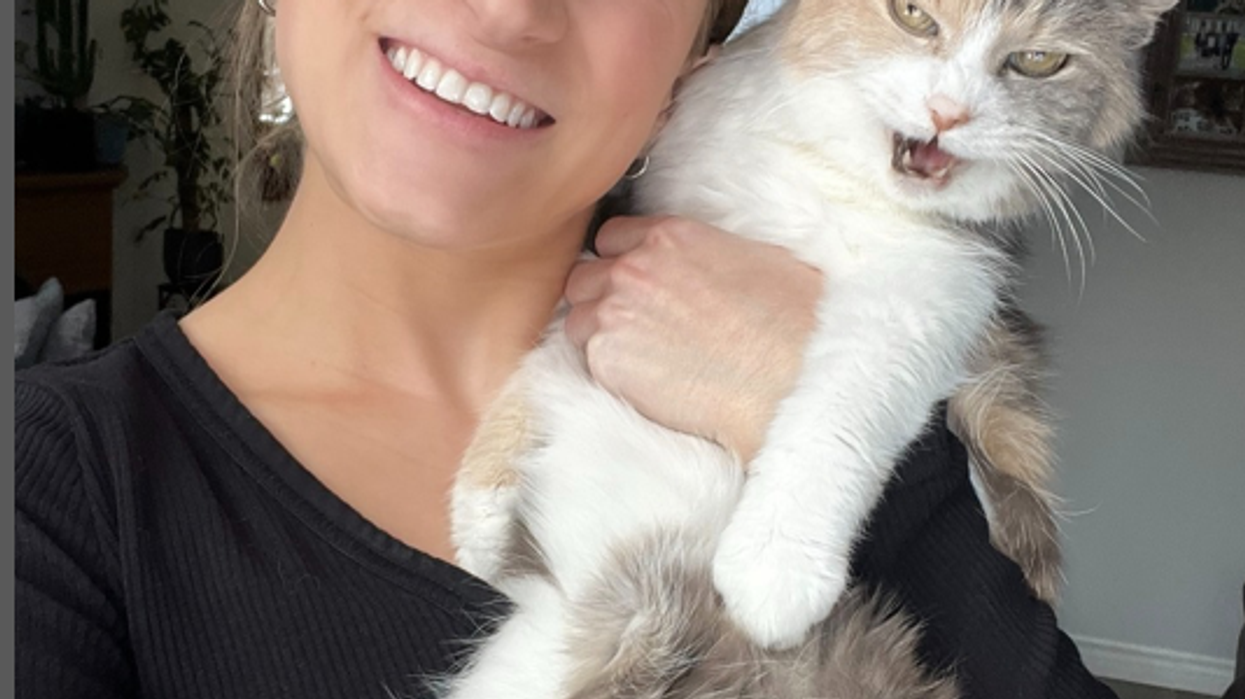
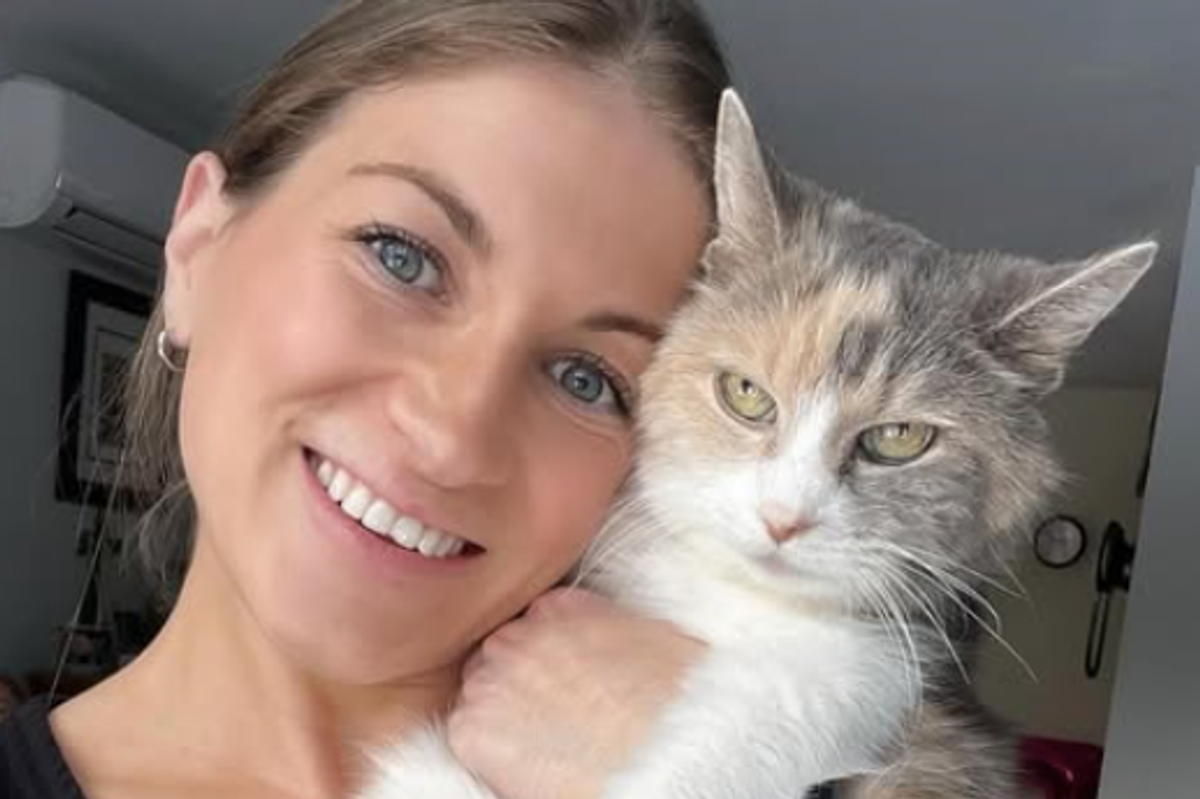 Angela Rafuse and MackenzieAngela Refuse/My Grandfathers Cat/ Instagram
Angela Rafuse and MackenzieAngela Refuse/My Grandfathers Cat/ Instagram